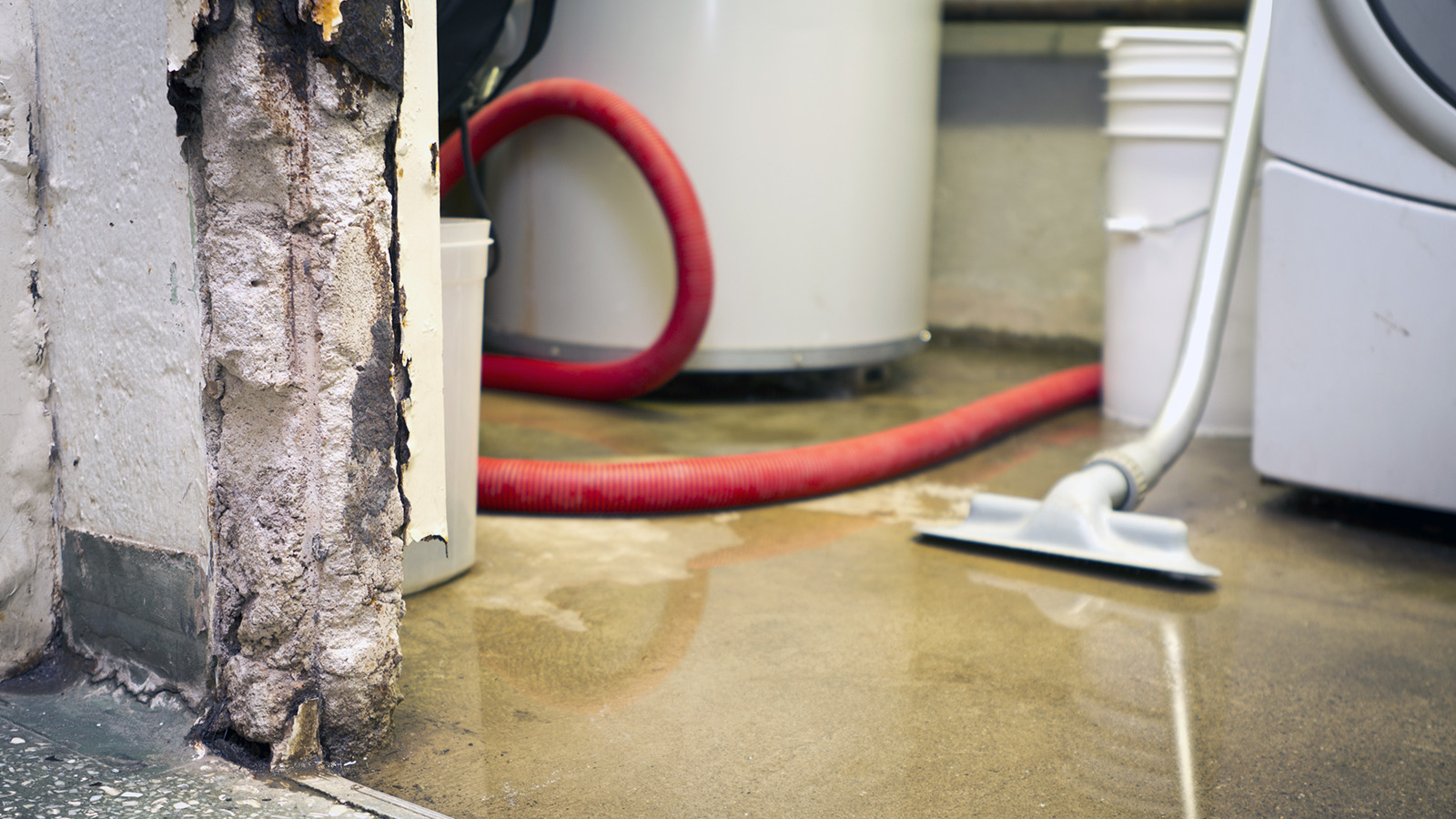Basements are extra spaces in the home that could be converted into anything, from guest rooms to man caves, workshops, etc. However, they are prone to moisture problems and water damage due to their location beneath the house. Homeowners looking to avoid this problem often consider basement waterproofing Louisville KY as a viable solution.
Although basement waterproofing has become a popular home improvement project in recent years, there are other ways to keep your basement dry and free from water problems. Below are some
effective ways to keep your basement dry, free from mold, and avoid expensive repairs due to water damage.
Seal Cracks And Holes
Basements often develop cracks and holes over time. This could be due to the deterioration of construction materials, ground movement, etc. These cracks and holes often give way for moisture and water to penetrate, thus causing water problems and damage.
An excellent way to protect your basement from such is by identifying and sealing the cracks and holes. This task should be outsourced to a professional to ensure comprehensive protection.
Click here – How Landscaping Enhances Your Business?
Install A Sump Pump
Sump pumps are one of the best inventions to keep homes and basements from floods. As a waterproofing measure, sump pumps ensure that excess water is pumped out of your basement as soon as it reaches a certain level. This action will help prevent flooding and water accumulation in your basement.
Inspect For Leaks
Plumbing leaks are one of the commonest causes of basement water problems. When leaks are not detected early, they cause extensive water damage and cost you money due to water wastage.
Periodic basement inspection is a good way to stay on top of things. Contact your plumbing contractor as quickly as possible if you’ve noticed a recurrent and unexplained pool of water in your basement or received an unnecessarily high water bill.
Water in basement can be a major issue that homeowners face. To keep your basement dry, it’s important to address plumbing issues promptly. Regularly inspect your pipes and faucets for any signs of leaks or drips. If you notice even a small amount of water accumulating in the basement, investigate the source and fix it immediately.
Inspect Your Foundation Wall
Foundation walls are just as important as your foundation. When left unattended, they may crack, thus allowing moisture into the foundation and basement and compromising your building’s structural integrity.
Inspecting your foundation wall for signs of leaks can help prevent the consequences of negligence. Your foundation repair professional will mostly recommend installing a drainage system along the foundation to eliminate excess water seeping through cracks and holes. They may also recommend waterproofing the affected area to prevent further problems.
Inspect Basement Floors, Windows, And Doors
Basement floors, doors, and windows are some of the commonest areas to watch out for when looking for foundation problems. They often become sticky or may buck when operating them.
In the absence of these obvious problems, you should also inspect the floors, windows, and doors for holes and cracks. These openings put your basement at risk of water problems which can further affect your foundation and the building’s structural integrity.
Use caulks and sealants made for your specific floors, doors, and windows to seal in cracks and holes. You can also contact a professional for epoxy resin sealants.
Click here – How Many Solar Panels Are Needed To Power A House In Florida?
Install A French Drain System
A French drain system is recommended for homeowners whose foundation floors are seeping or leaking water onto the surface. This type of drainage solution requires a trench filled with gravel to drain underground water away from the property.
Divert Rainwater Away From Your Home
Rainwater is among the leading causes of foundation problems and basement flooding. A good way to address this problem is by conducting research for the “best gutter installation near me” and letting the professionals handle the installation and maintenance of your gutters. Rain gutters are installed at the tip of the roof, ensuring proper drainage and channeling of rainwater away from the house through the downspouts.
If you already have a rain gutter installed, now is the time to clean it, as accumulated debris could be why you’re still experiencing moisture problems in your basement or around your foundation.
Address Yard Grading And Slopes
Your yard should slope away from your foundation to encourage water drainage away from your property. However, the slope could be compromised over time, putting your foundation and basement at risk of water pools and moisture problems.
An excellent way to address this is to regrade and redesign your yard’s slope such that it slopes away from your foundation and onto appropriate areas.
Consider Exterior Waterproofing
Exterior waterproofing is by far one of the best ways to keep moisture out of your basement and away from your foundation. It is recommended for homeowners in flood-prone areas as it protects them effectively during inclement conditions.
You can contact your foundation repair contractor to discuss these needs and how they can help.
The tips above can help you keep moisture and water away from your basement, however, you should contact a professional to comprehensively assess your property to ensure you aren’t at risk of water-related foundation problems.

